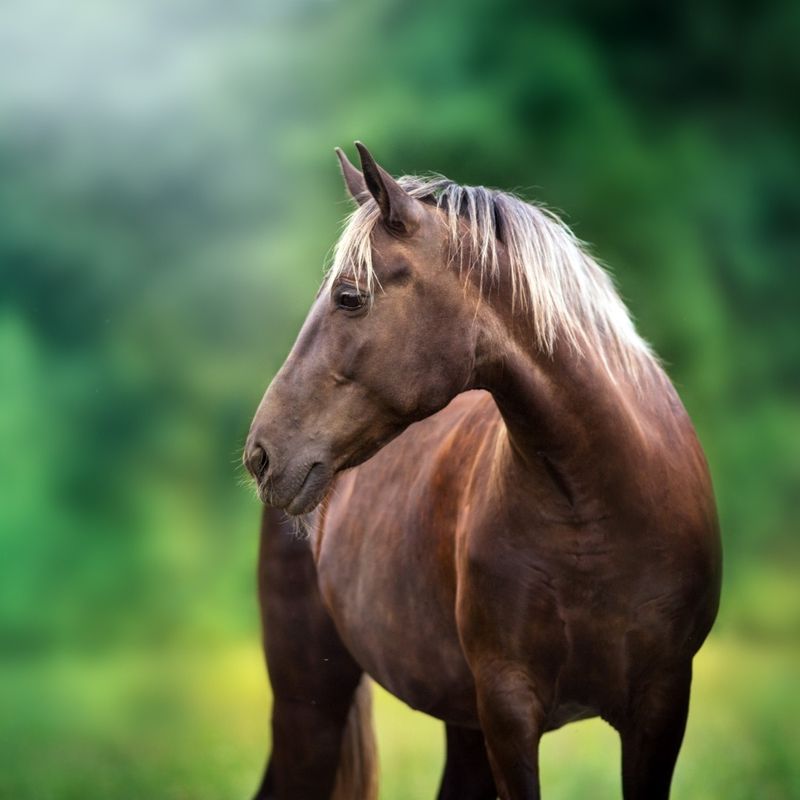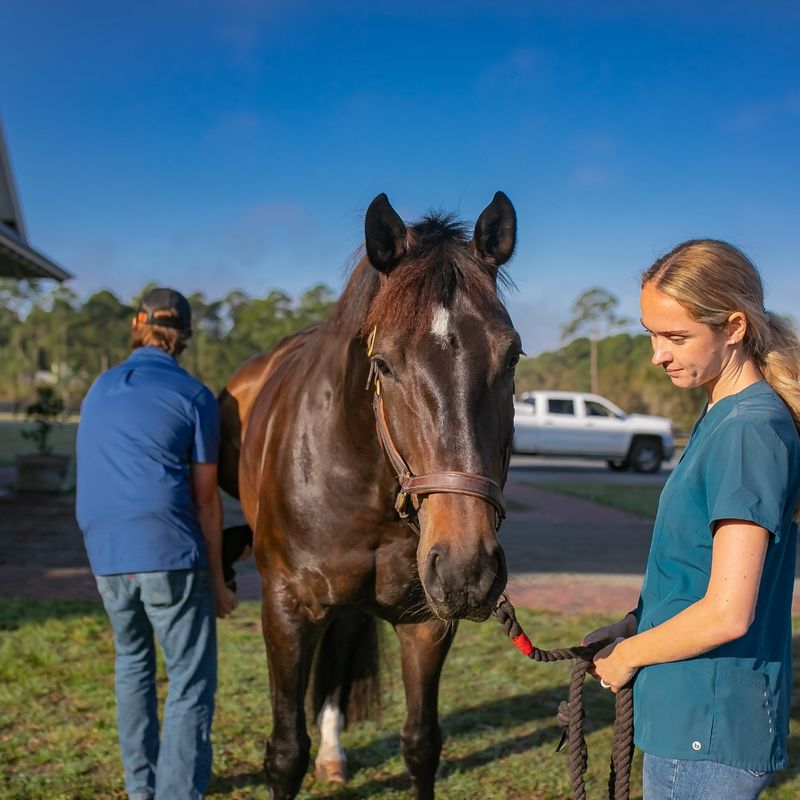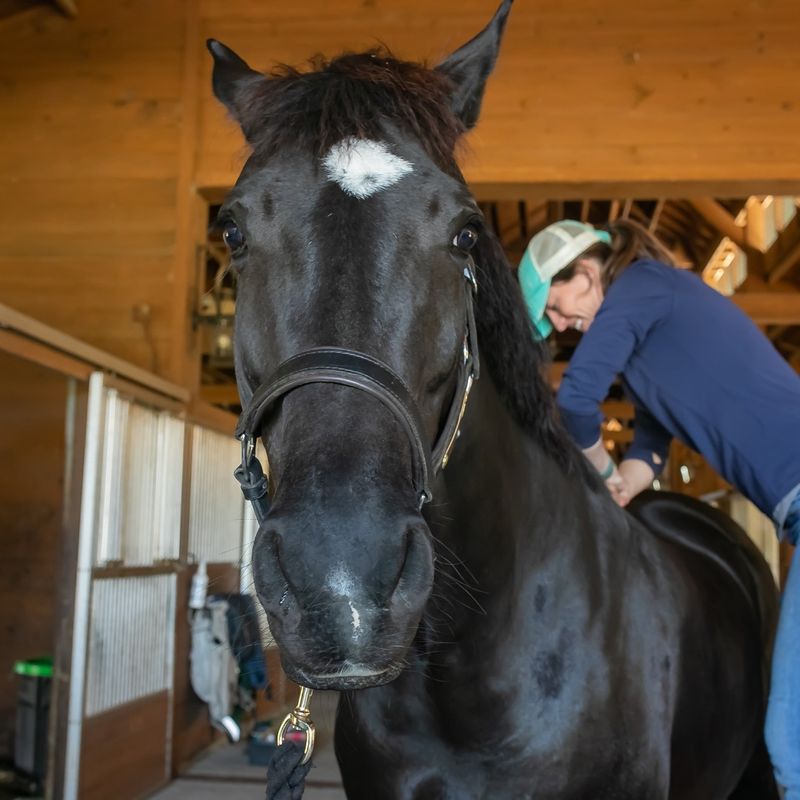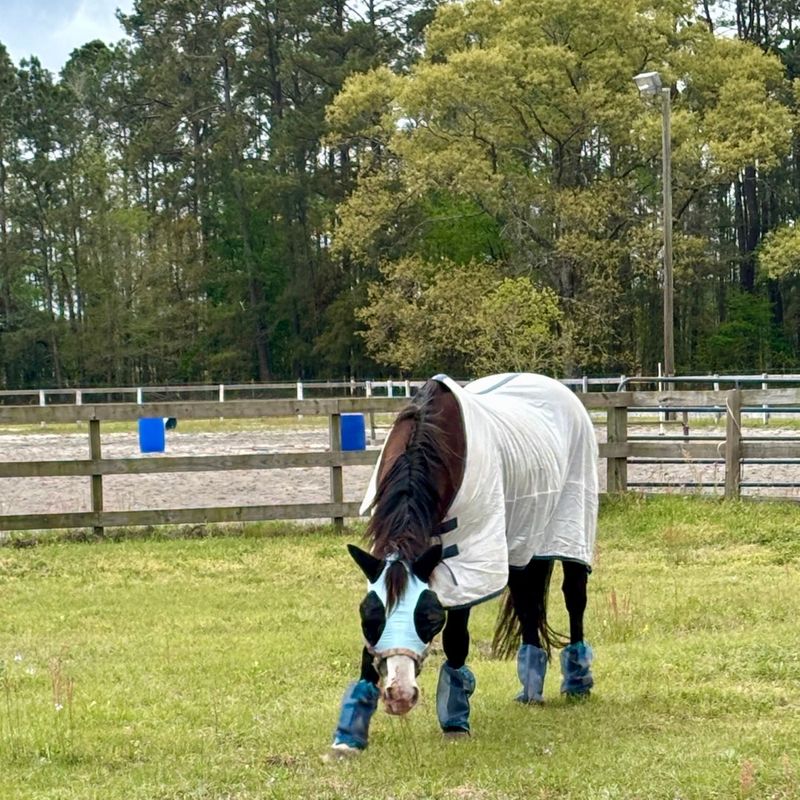While sprays and masks provide temporary relief, the most effective long-term strategy is to break the fly lifecycle at its source. A proactive approach, beginning with excellent barn husbandry, is the key to protecting your horse's health and comfort.
Beyond the Swat: Proactive Fly Control for a Healthier Horse
As the warm Lowcountry weather arrives, so do flies. These persistent pests are more than just a nuisance; they are vectors for diseases like Equine Infectious Anemia, Pigeon Fever, and vesicular stomatitis. They can also cause significant skin irritation and allergic reactions.
A Vet's Approach to Breaking the Fly Lifecycle
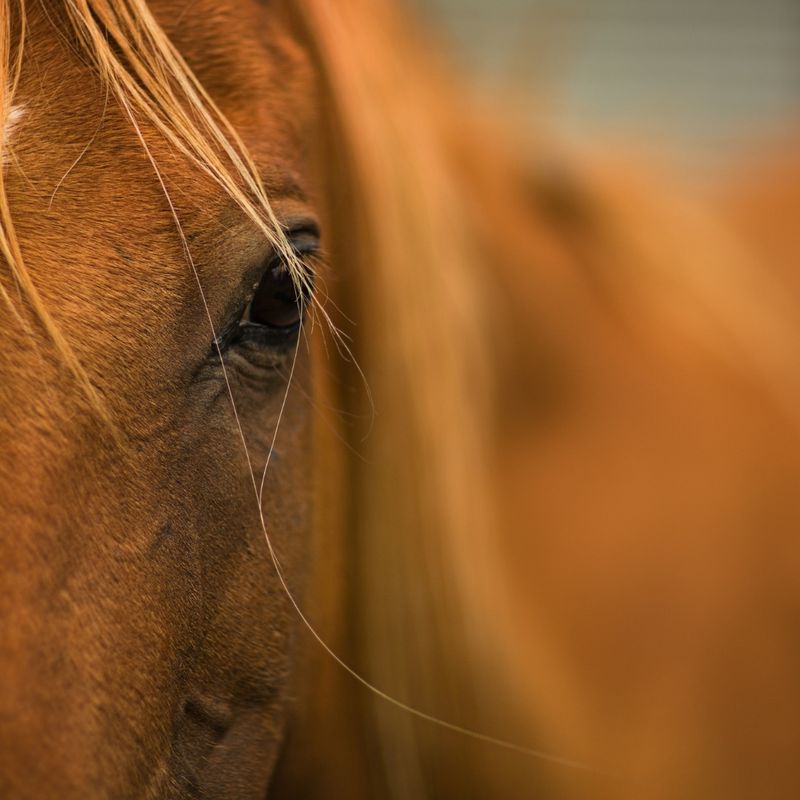
Physical Barriers and Wound Care
Physical barriers are a horse’s first line of defense. Fly masks, sheets, and boots are invaluable for protecting sensitive areas from bites, especially for horses with sweet itch or other skin allergies. It's also critical to protect any open wounds, no matter how small. Flies are drawn to them and can cause infections or lay eggs, leading to a serious condition called myiasis.
Partner with Your Veterinarian
At Carter Veterinary Services, we can help you create an integrated pest management program tailored to your specific property and needs. Don't wait for an infestation to become a problem.

